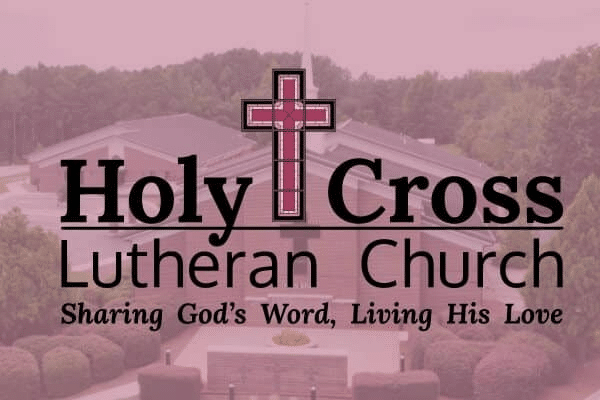 “Spiritual Freedom”
“Spiritual Freedom” Galatians 5:1,13-25 June 29, 2025 We will celebrate Independence Day at the end this week and that means a lot of drivers will…
 “The Power of Presence”
“The Power of Presence” Luke 8:26-39 June 22, 2025 I’m sure all of us have heard of Murphy’s Law: “Anything that can go wrong will go wrong.” …
 “CREED”
“CREED” Acts 2:22-36 June 15, 2025 Many people in our culture today have dismissed the church as being outdated or irrelevant. Our society says…
 “Keeping God’s Word”
“Keeping God’s Word” John 14:23-31 June 8, 2025 A few weeks ago our 4 year-old, half-day, preschool class had their “graduation ceremony” as the children will…
 “Preparing For Home”
“Preparing For Home” Revelation 22:12-20 June 1, 2025 Many of you have been in my office before and have probably noticed that my desk is full…
 “Serving God”
“Serving God” Acts 16:9-15 May 25, 2025 Whenever a person serves a tour of duty in the military, usually 3 or 4 years, the service…
 “Sharing An Unchanging Christ With A Changing World”
“Sharing An Unchanging Christ With A Changing World” Acts 11:1-18 May 18, 2025 A few years before I attended seminary, I contacted the school to find out the tuition and…
 “We Need A Shepherd”
“We Need A Shepherd” John 10:22-30 May 11, 2025 I think it is interesting how we find great comfort in the image of Jesus as our…
 “Come As You Are”
“Come As You Are” John 21:1-19 May 4, 2025 I was trying to quickly log in to an account last week with an organization where I…
 “Trusting Jesus”
“Trusting Jesus” John 20:19-31 April 27, 2025 Larry Bird was one of the greatest professional basketball players of all time. He won numerous awards…
 “Spiritual Freedom”
“Spiritual Freedom”